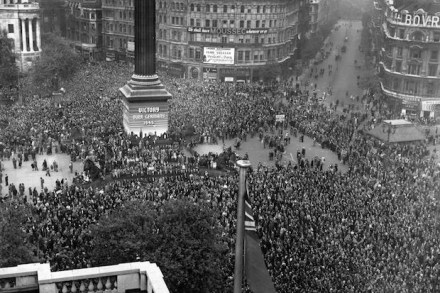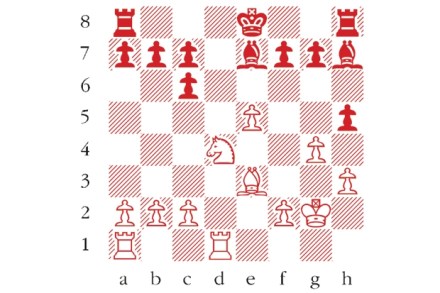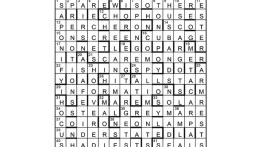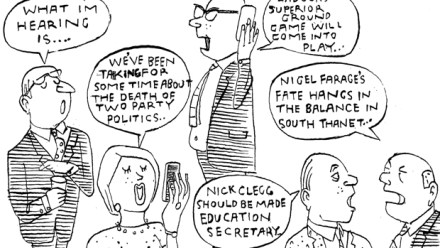The Spectator at war: Counting the cost | 9 May 2015
From ‘News of the Week’, The Spectator, 8 May 1915: Mr. Lloyd George opened his Budget on Tuesday. We have dealt with it at length elsewhere, and will only say here that “for the present” he proposes no new taxation. Later in the year, however, the whole fiscal problem will have to be reconsidered. If the war lasts till September we shall have a net deficiency of £516,346,000 to make up. The increase of indebtedness, actual and prospective, is very great and very serious, but it is nonsense to talk of it meaning “absolute ruin” and of our being crushed to the earth. A hundred years ago, when the value




















